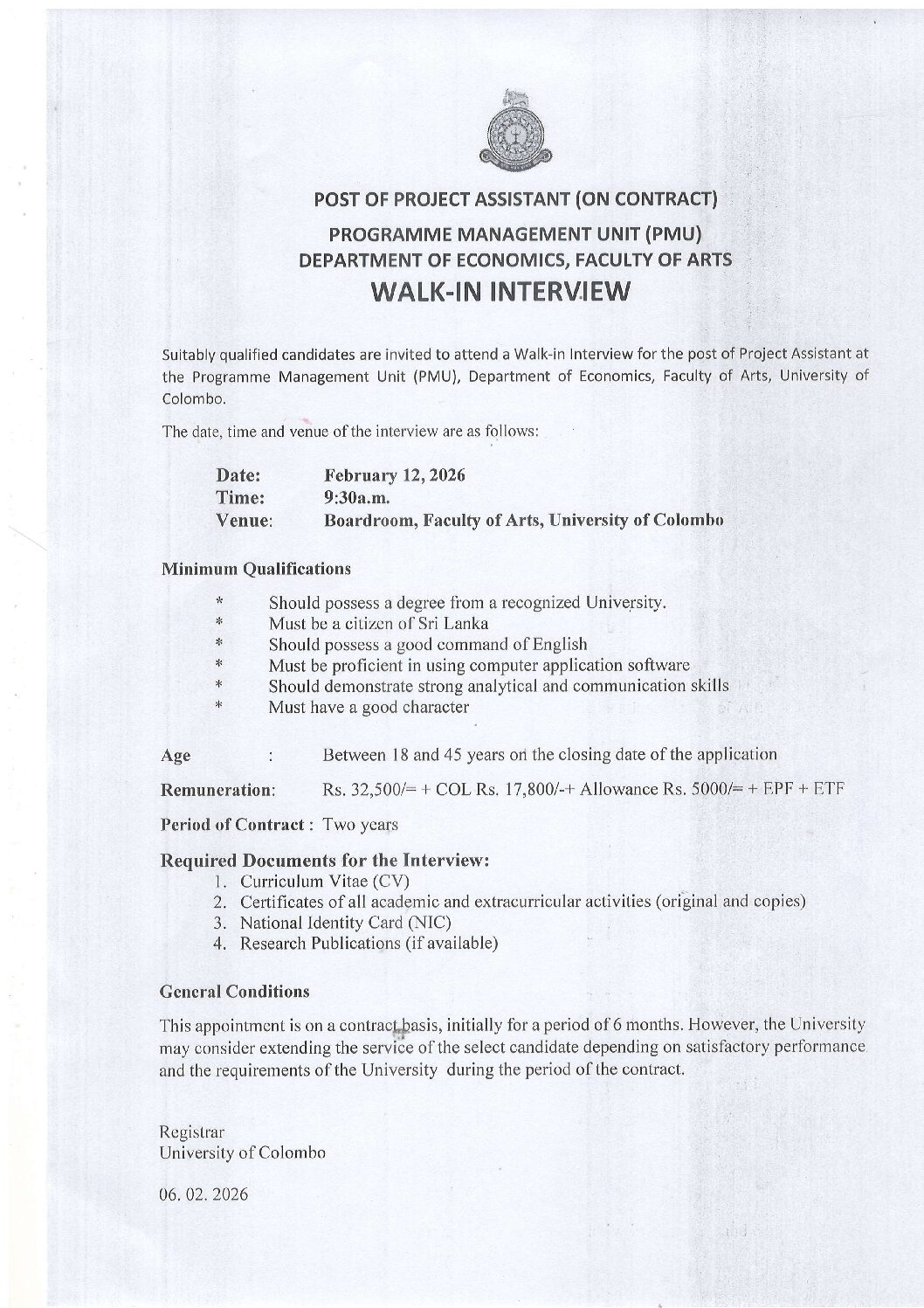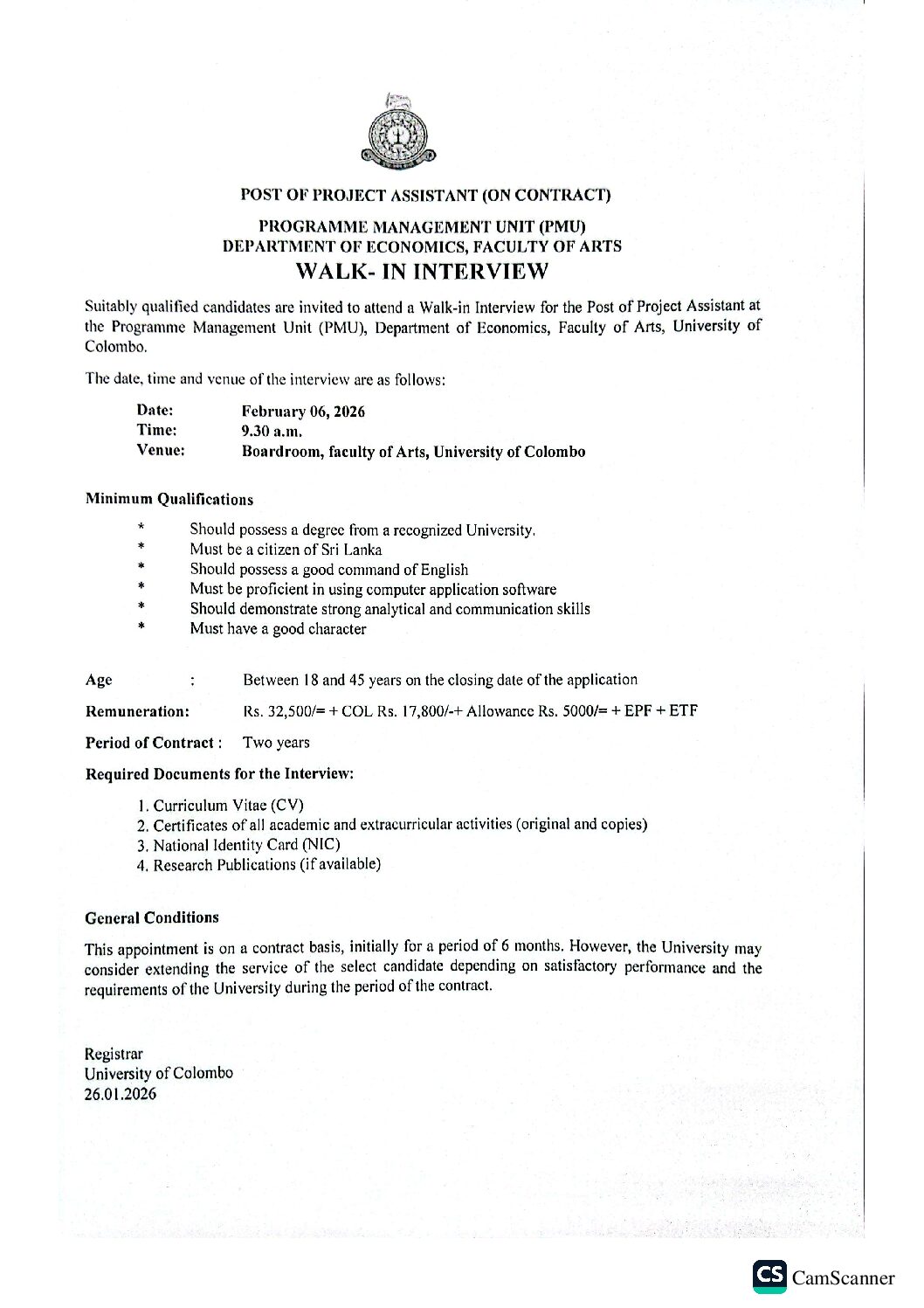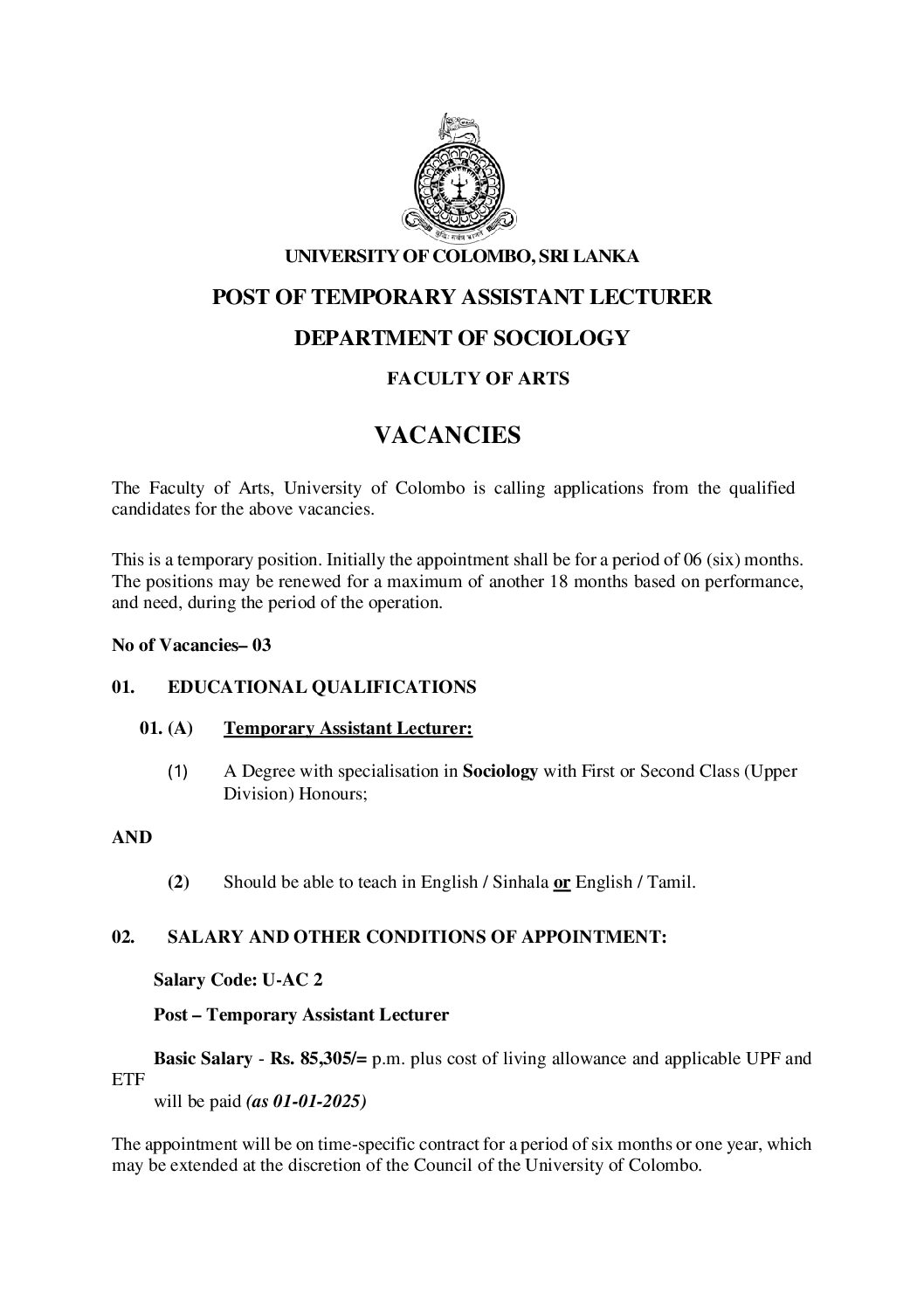
Master in Tourism Economics & Hotel Management Program 2025
Sri Lanka Tourism is experiencing a robust recovery following significant challenges posed by the COVID-19 pandemic and political instability. In the first half of 2024, the country reported over $1.5 billion in tourism revenue, reflecting a remarkable 78% increase compared to the same period in 2023. Additionally, tourist arrivals increased up to 1.5 million, marking a 62% rise year-on-year. This resurgence indicates a strong rebound as Once again Sri Lanka obtain a great success to attract international tourists from different tourist originating countries, covering all the continents of the world.
The revival of tourism is expected to play a vital role in Sri Lankan economy as the industry which is one of the largest foreign exchange earners for the nation. Continued efforts in marketing and infrastructure development will be essential for maintaining this momentum and achieving future targets of welcoming 2.5 million tourists by the end of 2024 and 3 million by 2025.
Human resource development (HRD) is vital for the further recovery and robust growth of tourism industry in Sri Lanka, which is currently facing a critical shortage of skilled personnel. The tourism industry relies heavily on human resources to deliver quality services that meet the expectations of increasingly discerning travelers. As the industry aims to attract 3 million tourists by the end of 2025, addressing the human resource challenges becomes imperative. The lack of adequately trained workers, coupled with high turnover rates, threatens to undermine the industry’s potential to capitalize on its growth opportunities. Effective HRD strategies can help ensure that the workforce is not only sufficient in number but also equipped with the necessary skills and competencies to enhance service delivery and customer satisfaction. Moreover, HRD initiatives must promote inclusivity by increasing participation from underrepresented groups such as women and youth in the tourism workforce. With women currently making up less than 10% of the workforce and youth unemployment exceeding 20%, targeted achievements and engagement efforts are crucial for attracting these demographics to tourism careers. Human resource development can contribute to building a diverse and resilient workforce that meets the evolving demands of the tourism sector. Ultimately, a strategic focus on human resource development will not only enhance service quality but also support sustainable growth within Sri Lanka’s tourism industry.
The Department of Economics and the Sustainable Tourism Unit (STU) at the University of Colombo have made significant academic contributions to tourism education in Sri Lanka.
The Department of Economics and the Sustainable Tourism Unit (STU) at the University of Colombo offer a variety of study programmes aimed at equipping students with the necessary skills and knowledge for careers in tourism. Here are the key programs conducted for travel and tourism education:
- Master in Tourism Economics & Hotel Management (MTEHM): A comprehensive two-year program that combines a postgraduate diploma in the first year with advanced studies in tourism economics and hotel management in the second year.
- Postgraduate Diploma in Tourism Economics and Hotel Management: This one-year program focuses on essential aspects of tourism operations, marketing, human resource management, and planning.
- Diploma in Travel & Tourism Economics and Hotel Management (DTTEHM): A one-year multidisciplinary diploma designed to develop multi-skilled professionals capable of handling various complexities within the travel and tourism industry.
- Certificate Course in Sustainable Tourism Destination Management (CSTDM): A six-month course aimed at providing knowledge on sustainable practices in tourism destination management.
- Certificate Course in Sustainable Travel and Tour Operation (STTO): A six-month program focused on the operational aspects of travel and tour management.
These programmes are designed to respond to the increasing demand for skilled professionals in the tourism sector, emphasizing practical applications and interactive learning approaches to address contemporary challenges in the industry.
In addition, the STU expects to introduce two study programmes in 2025.
- One-Year Course Work Master Programme in Sustainable Tourism Development
- Four Master Programme in Sustainable Tourism Development
Coordinator: Professor. D. A. C. Suranga Silva
Email: drsuranga@econ.cmb.ac.lk drsuranga3@gamil.com ;
Program Syllabi: https://www.uoctourism.com/








